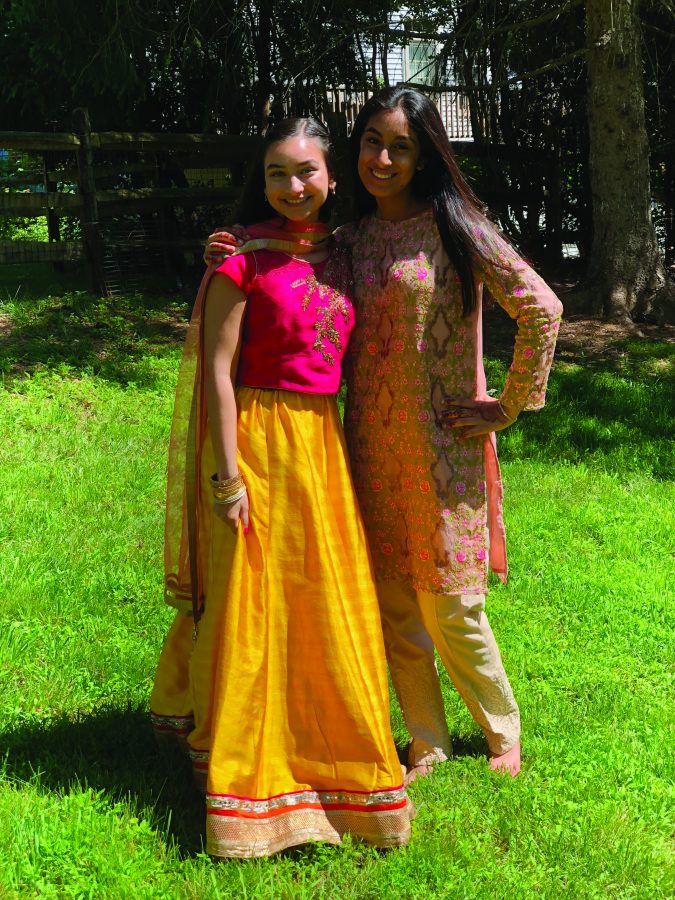During the ninth month of the Islamic calendar, about 1.8 billion Muslims celebrate Ramadan worldwide.
During this time, they abstain from all food and drink from sunrise until sunset, practice self-restraint, give to charity and spend time reading the Quran, the religious text of Islam. “To keep fast, I remind myself of the benefits, mostly helping to build patience, discipline and empathy for people who don’t have the luxury of three meals a day or clean drinking water,” staff development teacher Amani Elkassabany said.
This year, Ramadan falls from May 5 until June 4 in the United States and varies by country. This is considered to be the holiest month of the year, beginning and ending with the appearance of the crescent new moon. Practicing Ramadan is one of the five pillars of Islam, Sawn, where Muslims are encouraged to fast during this month. Ramadan begins each day with a meal called suhoor before sunrise and ends every day with the meal of iftar after sunset. It completely ends with a day of feasting called Eid al-Fitr. “It’s really about trying to be better than you already are as a person and improve your character, and there are enough days in the month to make habits that help achieve that purpose,” senior Seif Younis said.
Part of the purpose of fasting during Ramadan is for Muslims to train themselves physically and morally and become more God-conscious. They practice self-control, gratitude and compassion for the less fortunate than themselves. They use this time to celebrate with their community and become closer with their family and their religion. “It’s a month where we more actively strive to gain more spiritual closeness to Allah through worship. It’s an introspective month, and has a great way of bringing families and communities closer together,” Younis said.
Ramadan is a celebration of when God revealed revelations to the Prophet Muhammad that were collected in a 114 chapter holy book that is called the Quran. It is believed to be the exact words of God and acts as a guidance for people. Muslims believe that God proclaimed that fasting was practiced by those devoted to God. “People assume that we are fasting to starve ourselves, but it is really to understand how people who are less fortunate feel and to be grateful and appreciative for what we have,” sophomore Nadia Emran said.
If a Muslim is unable to fast, they may be exempt under certain circumstances, such as having an illness, pregnancy or travel. Typically, one will make up the days they missed by fasting on extra days or will substitute those days with volunteering or another generous act.








